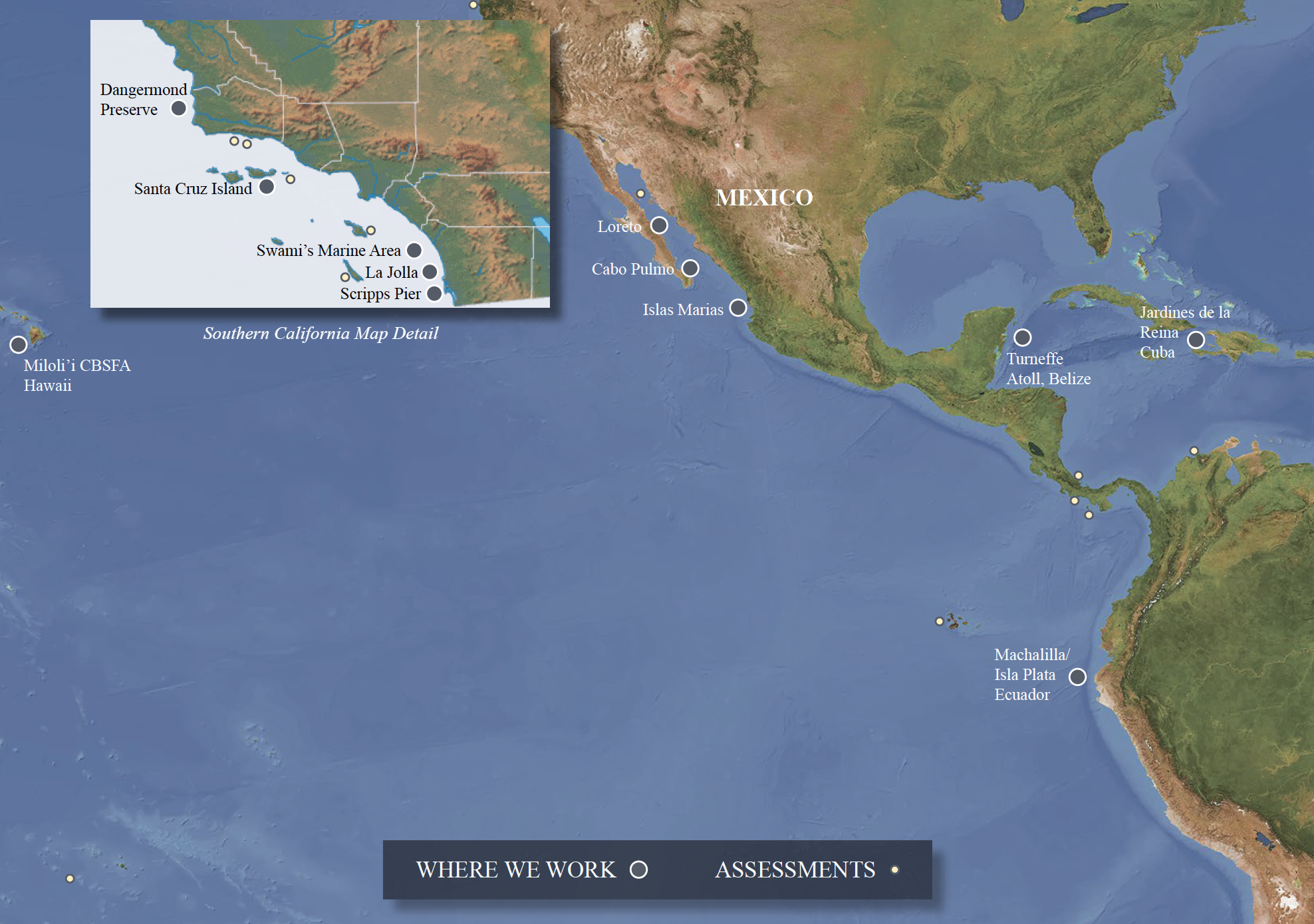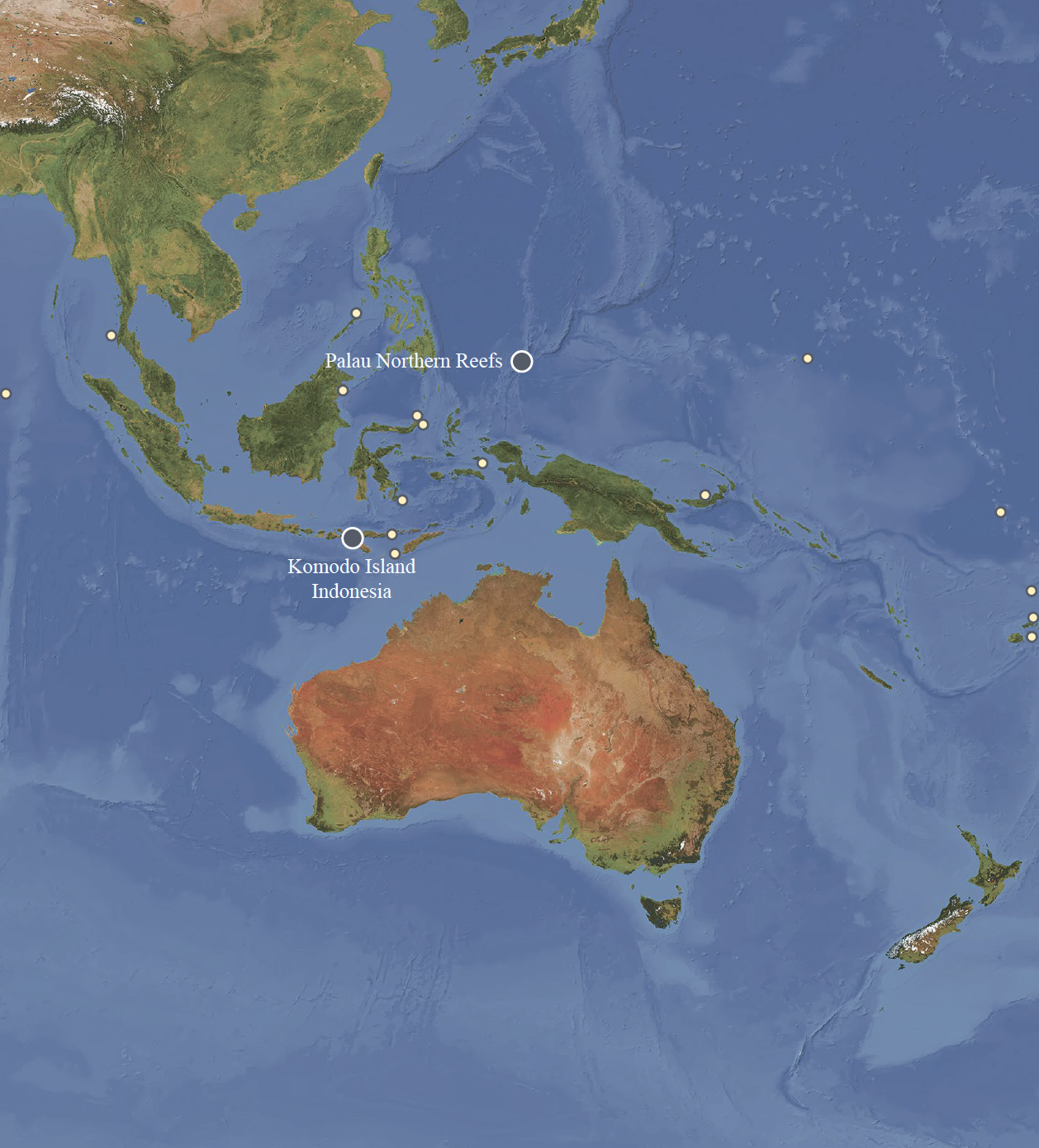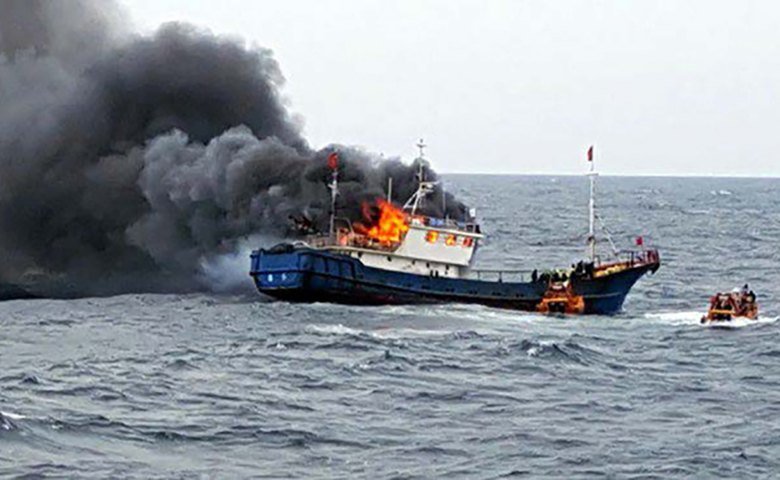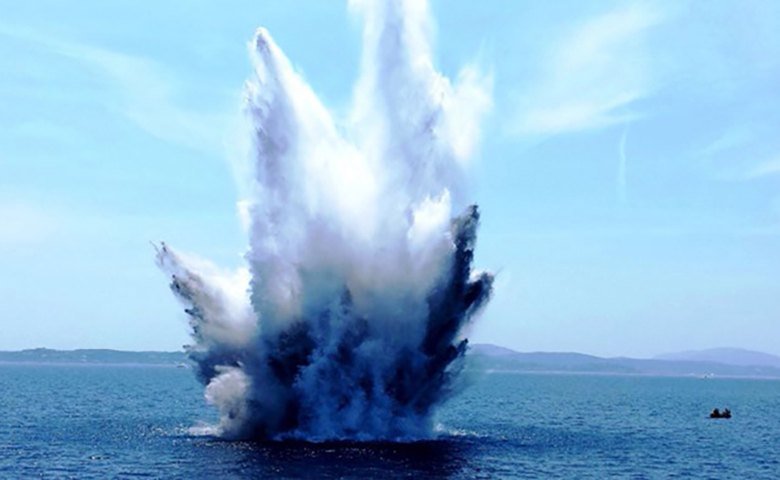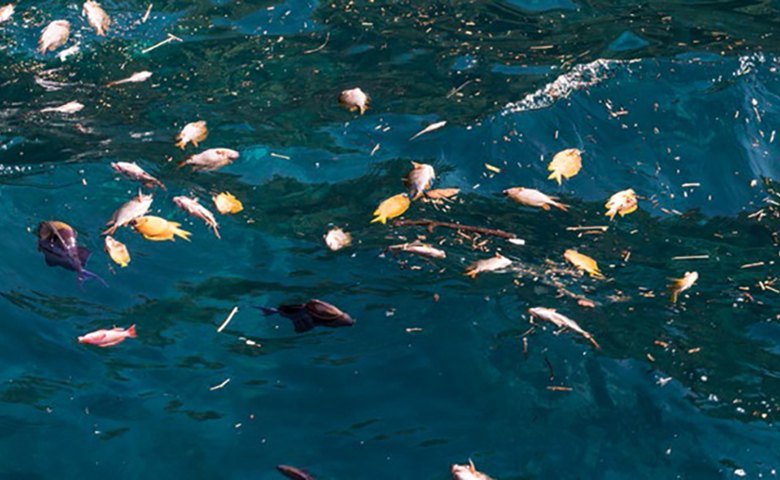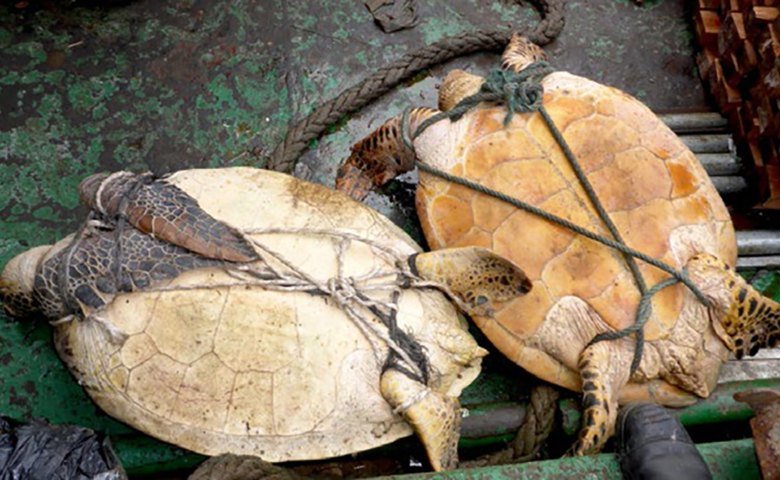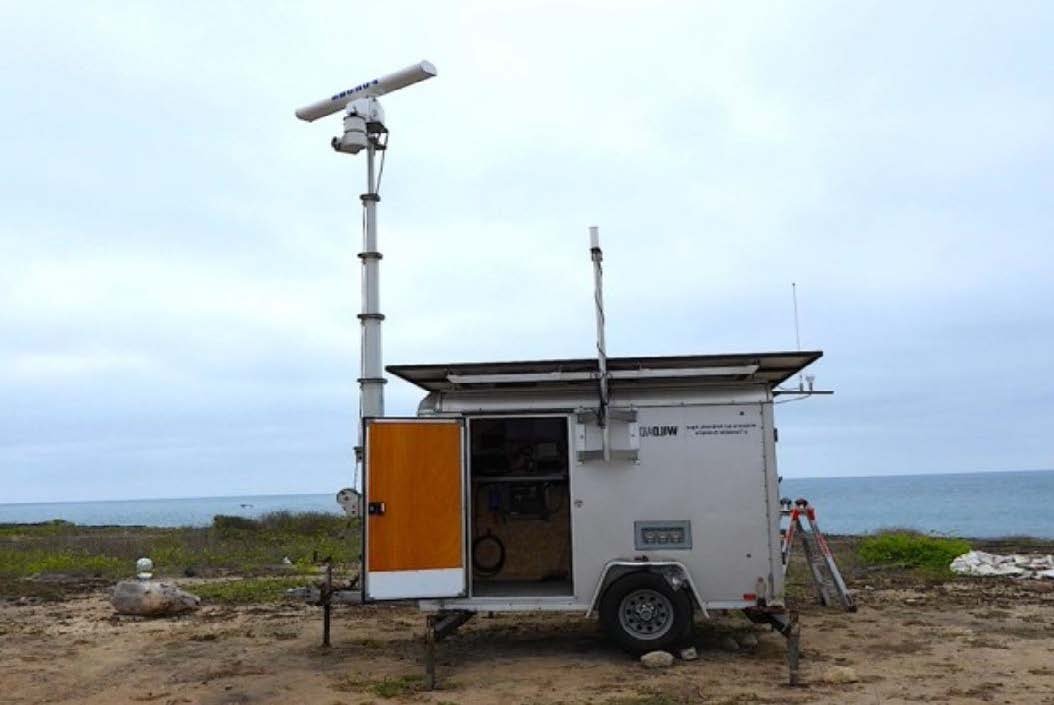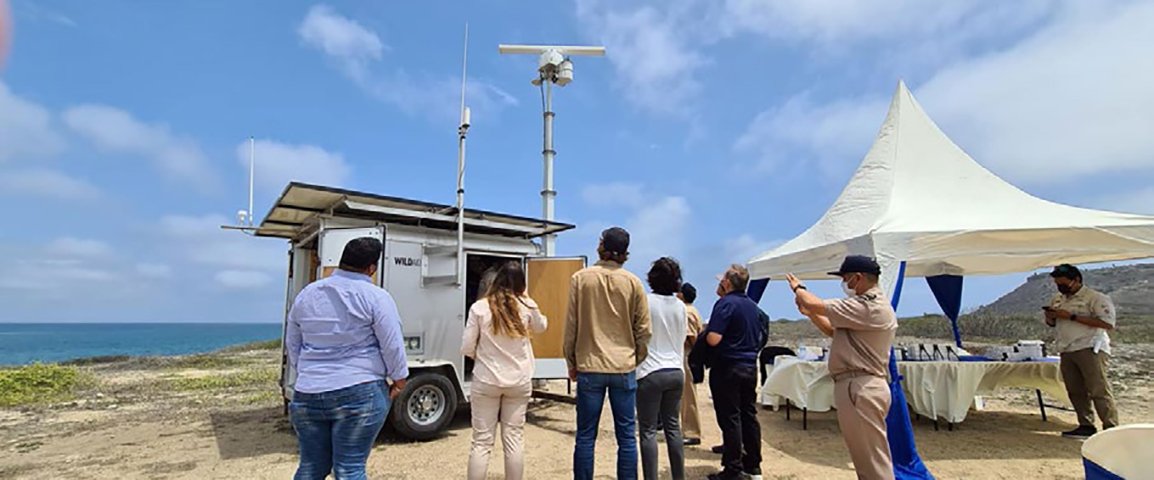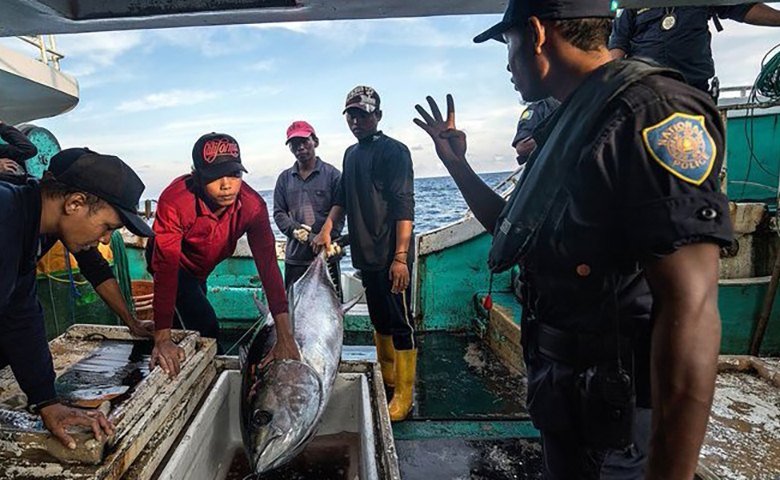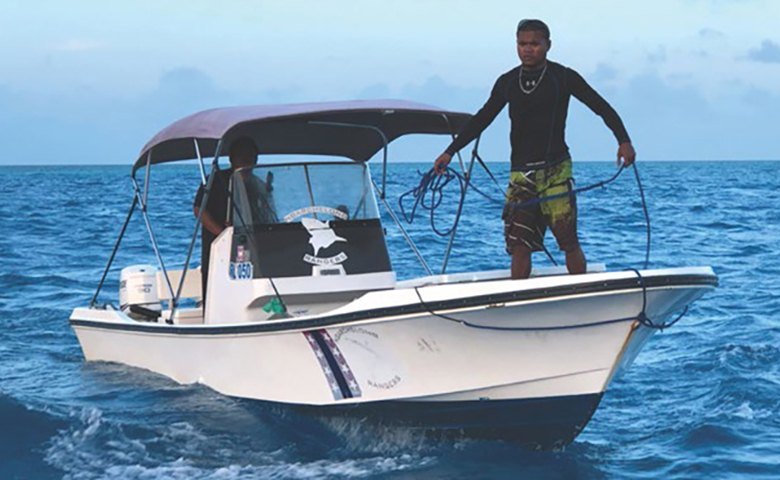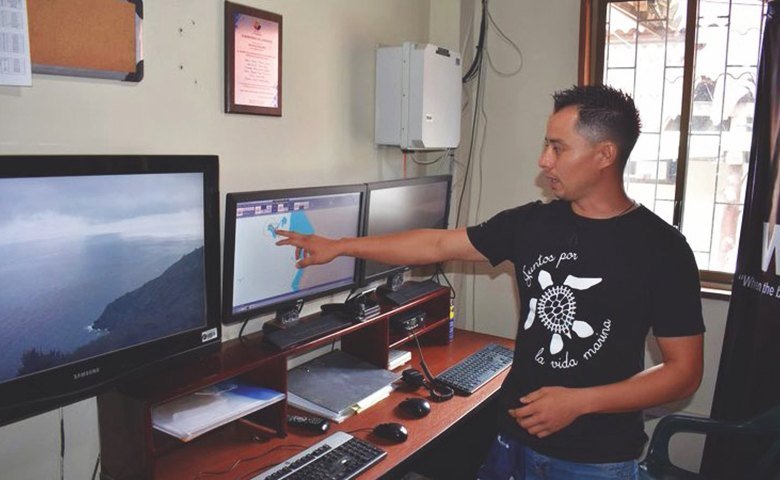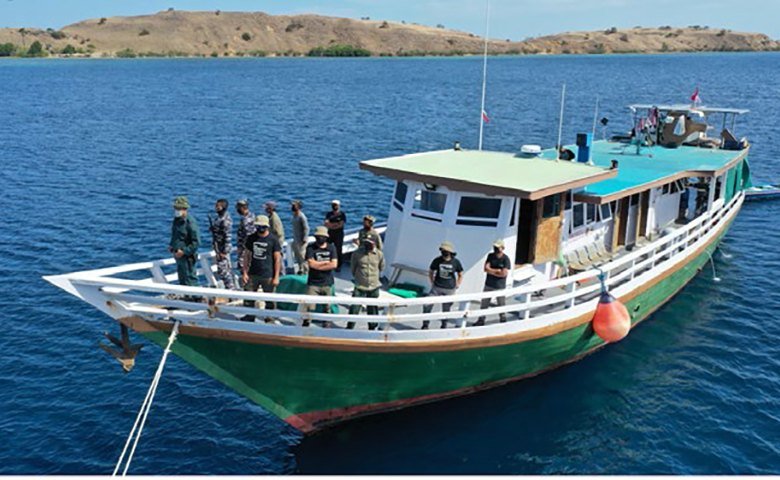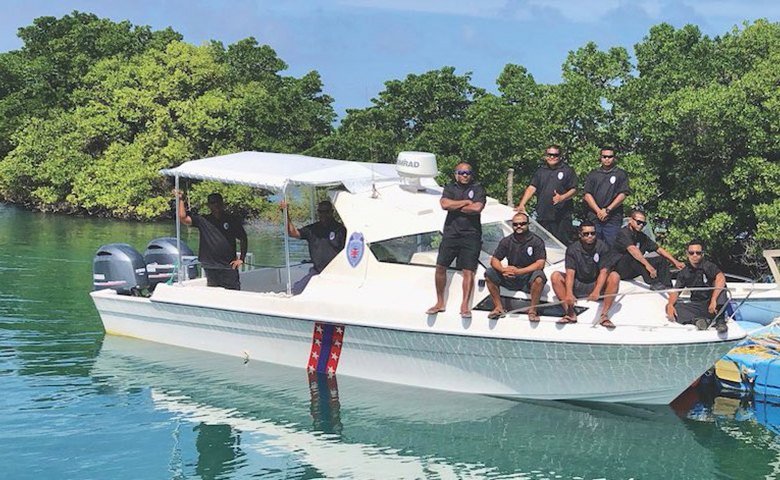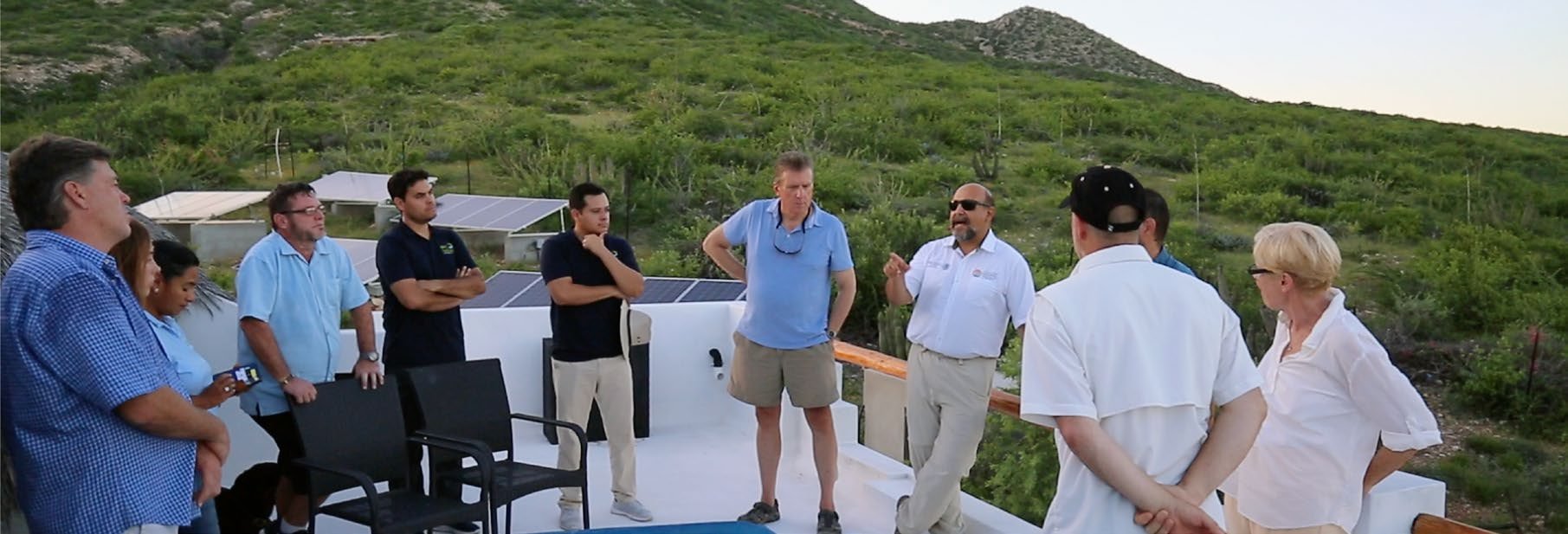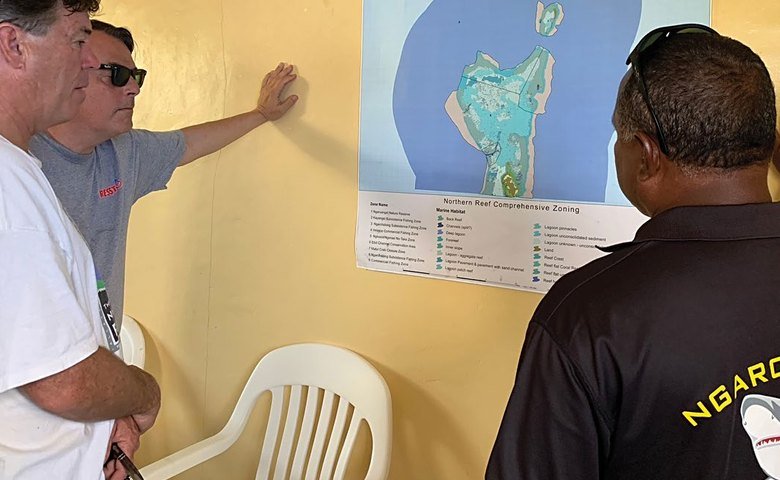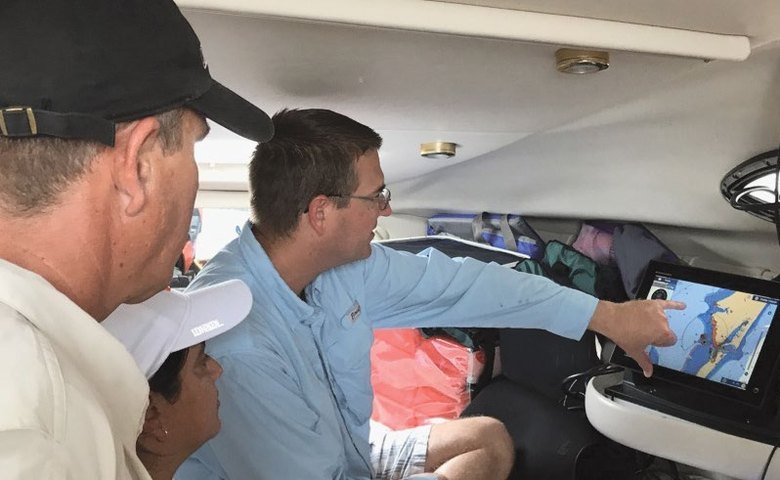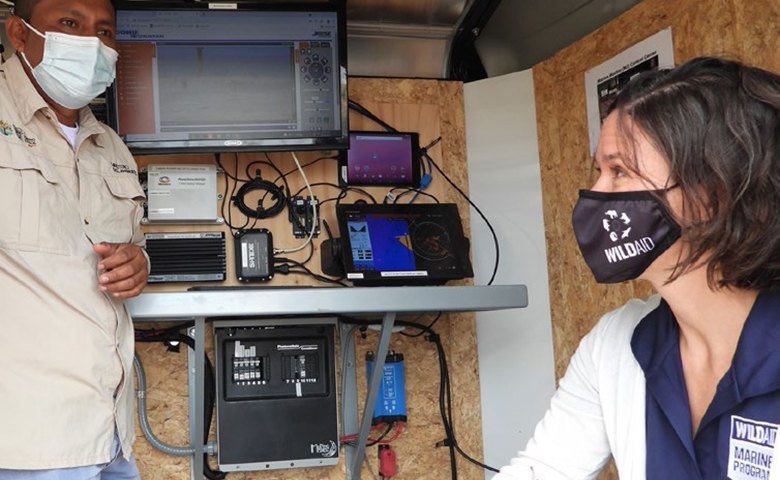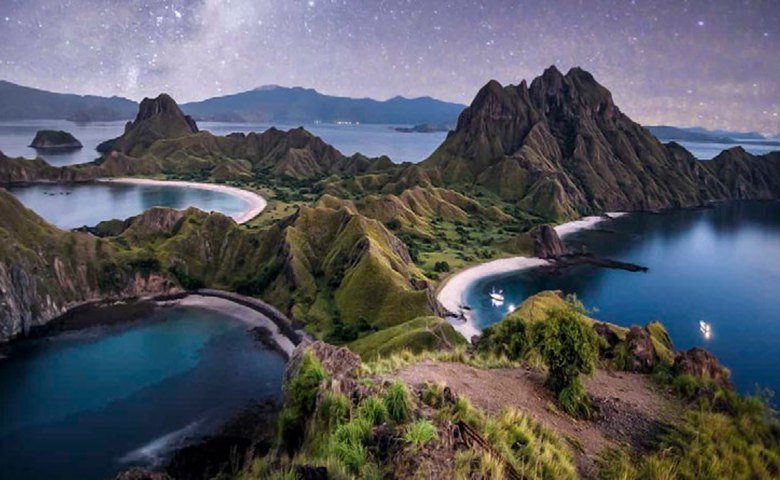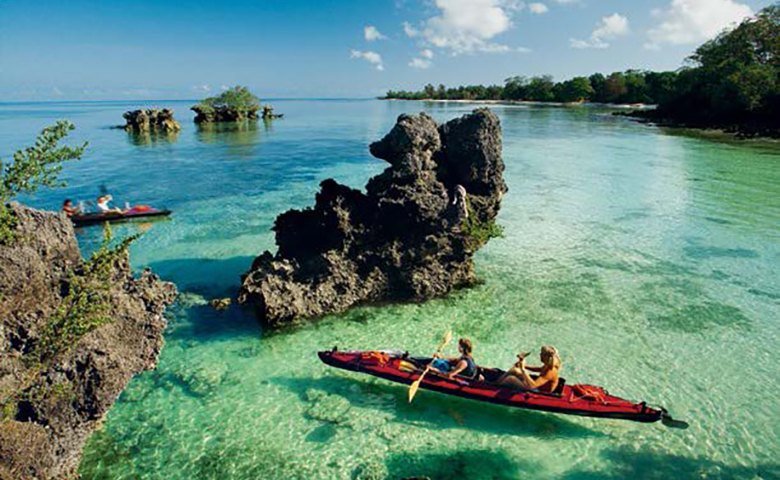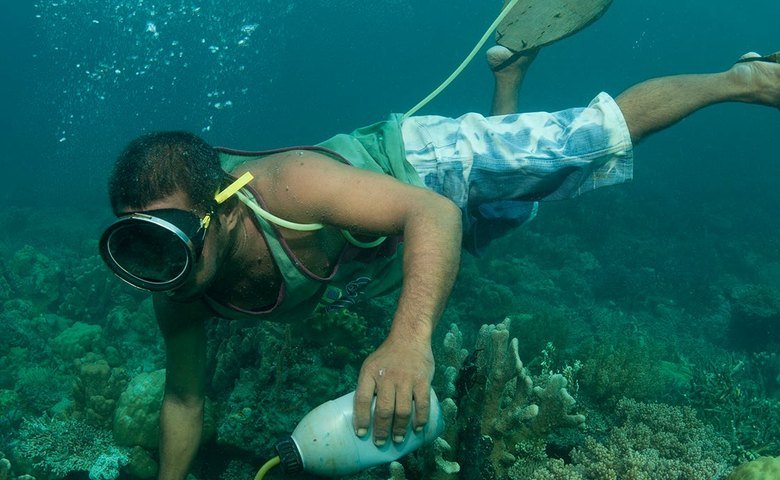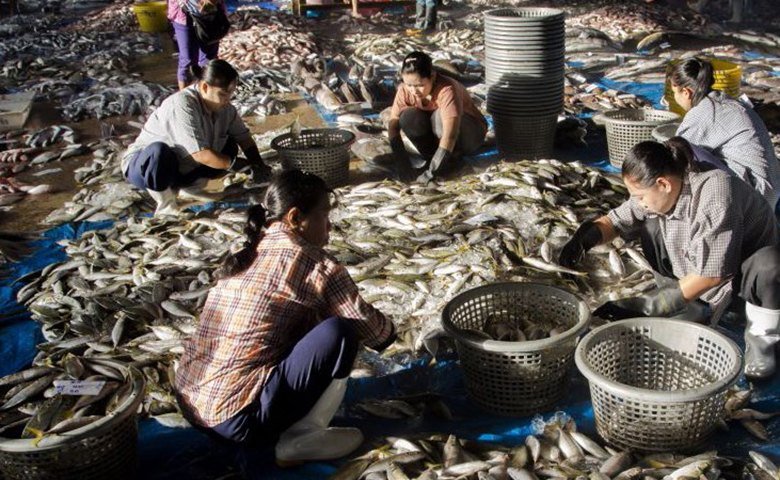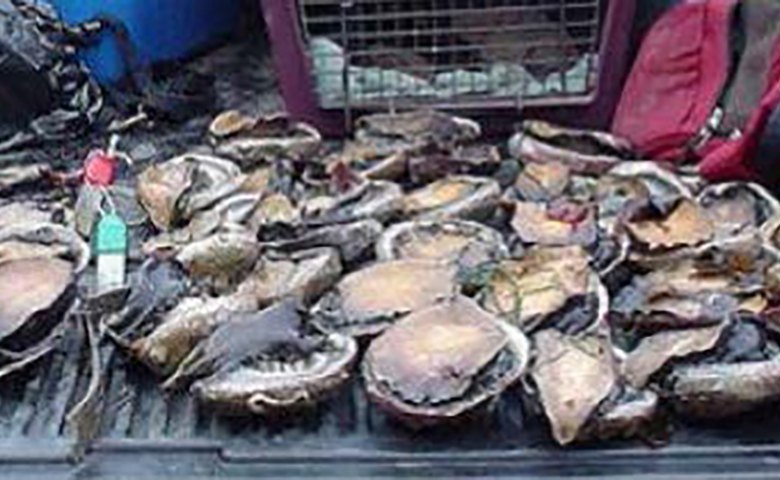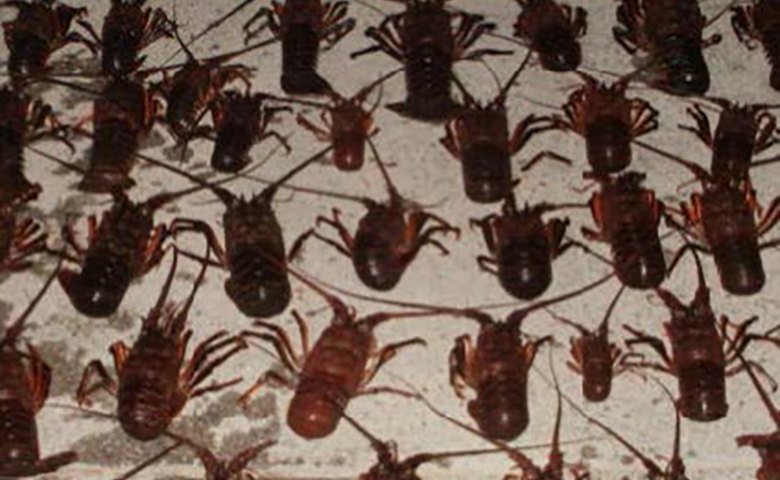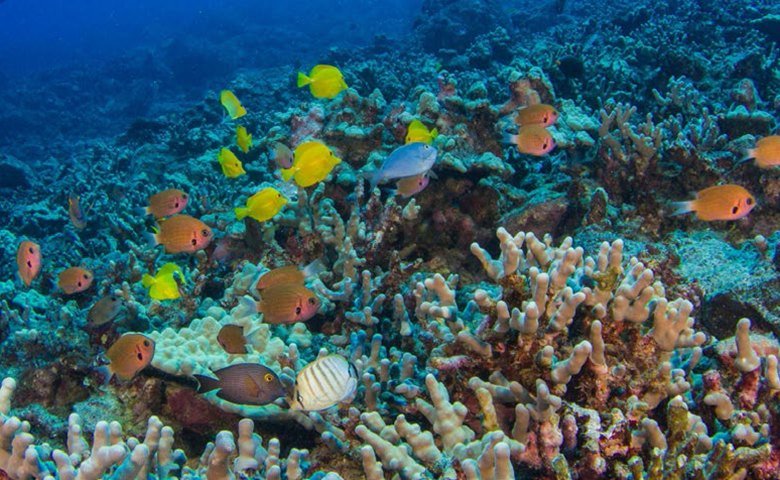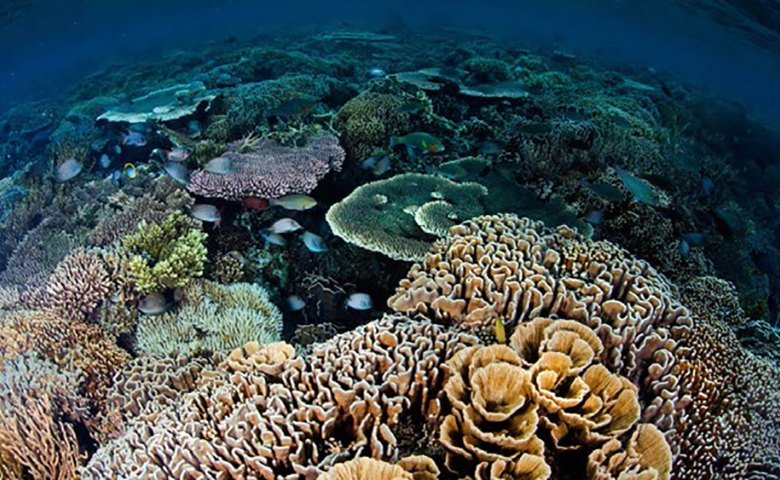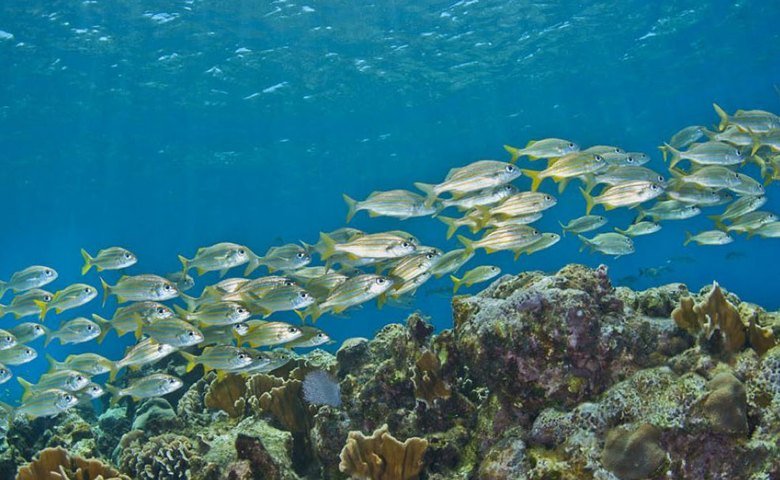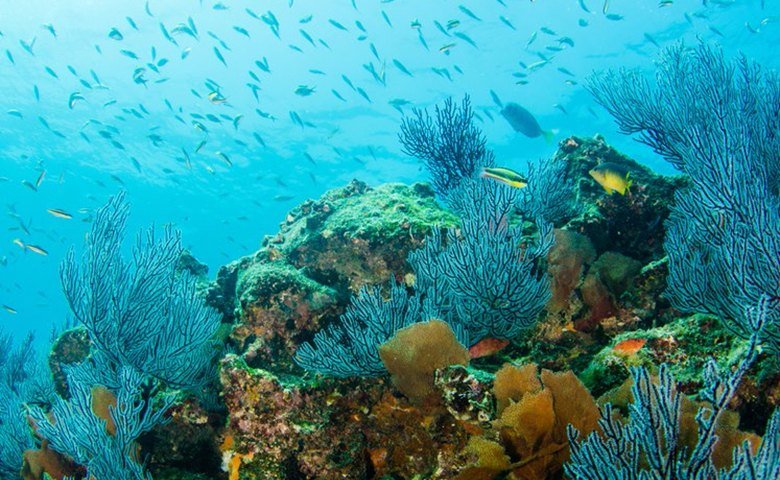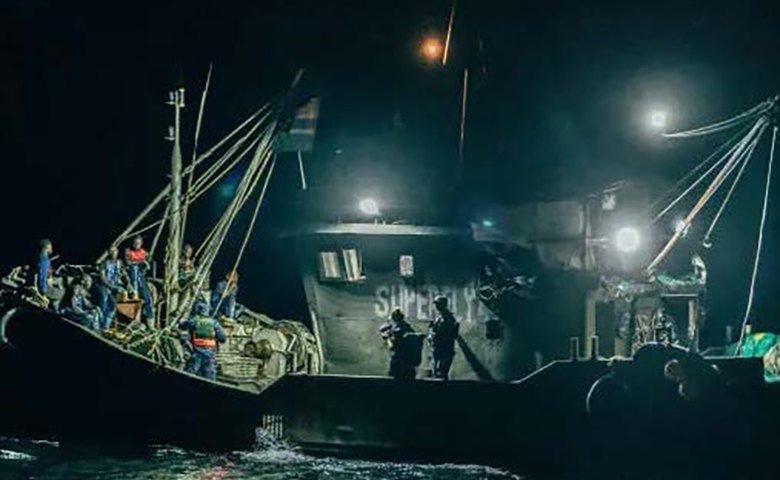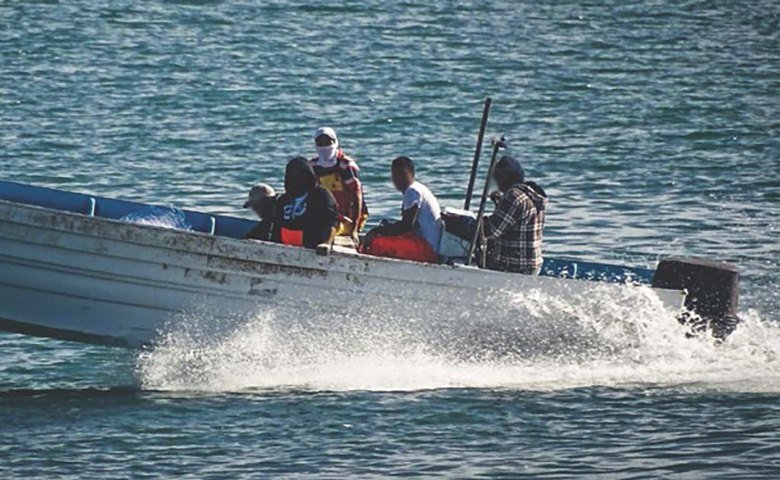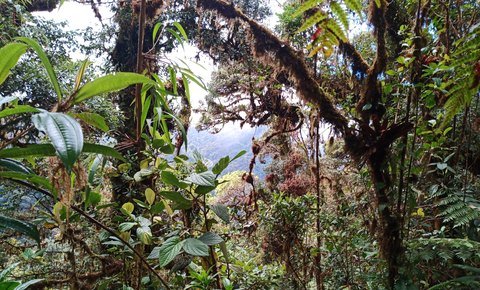GC Deploys Global Park Defense to Marine Ecosystems
Upscaling Global Marine Protection
Global Conservation is working to scale up Marine Protection by deploying our Global Park Defense system combined with an innovative Marine Monitor (M2) radar system developed by ProtectedSeas combined with UAV Drones to enable 24/7 surveillance against illegal fishing and marine wildlife poaching.
GC Massively Grows Global Park Defense in Marine Protected Areas
Over the past five years, we have deployed Global Park Defense in eight (8) global Marine Protected Areas (MPAs) and six (6) in California and Hawai’i, our technology-proving ground. Based on this success, our goal is to scale up to protect 100 MPAs in the next ten years.
Our primary focus is on the most important and endangered marine ecosystems—UNESCO World Heritage Sites and National Marine Parks—in developing countries. Out of hundreds of assessments, we only pick MPAs to support with critical leadership in place, government commitment and co-funding, and operations marine warden teams with working patrol vessels to enable rapid response to illegal activities.
We are proud to deploy Global Park Defense in Turneffe Atoll, in the heart of the Mesoamerican Reef, with hundreds of vessels now monitored on Marine Monitor and rapid response to all suspected illegal activities.
For many years, countries have established new Marine Protected Areas (MPAs) with great fanfare, but few are actually protected against illegal fishing, reef destruction, and marine wildlife poaching. Without real enforcement and penalties for our existing MPAs, the oceans will continue to be ravaged.
Our goal is to deploy Global Park Defense with Marine Monitor radars in every capable and endangered MPA in the world. We work to secure critical support from donors like you—families, foundations, dive groups, and others—to stop illegal fishing, bombing, poisoning, and reef destruction.
Overview
Global Conservation is working to deploy park and wildlife protection in the world’s most endangered marine national parks and UNESCO World Heritage Sites in developing countries, where we are especially focused on coastal fisheries and intact marine ecosystems. Coastal fisheries provide food, nutrition, and livelihoods, particularly in developing countries, where 85% of fishing is done by small-scale fishermen operating in coastal waters.
While much work has been invested over the past decades to create new coastal marine protected areas (MPAs), most of these MPAs have little or no actual protection, remaining just "paper parks." Over 90% of coastal MPAs in developing countries lack the critical resources, training, and enforcement capacity to successfully protect marine species and precious coral reefs.
We focus all our efforts on protecting coastal and island MPAs using innovative marine radar and our proven Global Park Defense (GPD) methodology. GPD is a cost-effective protection and community involvement program to stop illegal fishing, enforce regulations, allow wildlife recovery, and encourage positive economic opportunities for communities. It involves 24/7 surveillance, rapid response, SMART patrolling, communications, training, and operational support for increasing the effectiveness of marine patrolling and law enforcement against illegal fishing and marine poaching.
Every boat and vessel on the sea has a Marine Radar. Every MPA should also One of our primary sensors is the Marine Monitor (M2) radar system developed by ProtectedSeas. Marine Monitor radar combines low-cost commercial radars used daily on hundreds of thousands of boats with innovative software that creates a "virtual fence" around marine areas and alerts authorities to illegal intrusions in real time. It also integrates AIS tracking, thermal imaging, and RBG video to clearly show marine violations in action.
In 2021, we deployed Global Park Defense in eight global MPAs, as well as six MPAs in California and Hawaii. Our goal is to deploy marine radars and Global Park Defense in over 100 MPAs by 2050. Our supporters include major foundations, family foundations, dive associations, tour operators, and governments, all of whom are critical to making this scale-up possible.
Our results are telling: more arrests and boat confiscations, deterrence of illegal fishing, and more effective enforcement. Our program helps target patrolling to known illegal activities, as identified using the Marine Monitor and backed up by photos and videos in real-time.
Paper protection is no protection. Global Conservation is enabling actuarial protection, desperately needed in our marine environments depleted by overfishing, reef bombing, illegal fishing, wildlife poaching, and general disregard for our marine resources. Without actual protection, including law enforcement and penalties for illegal fishing in our existing MPAs, the ocean will continue to be destroyed. We’re working to protect some of the world’s most important and endangered MPAs, securing significant government commitments and ensuring that enforcement teams, boats, and laws are in place for Global Park Defense to be a true "force multiplier" in MPA protection.
Primary Goals – MPA Protection
1. Deploy Global Park Defense for Marine: Systems, technology & training including threat assessment & MPA management planning
2. Achieve ‘No Take’ MPA protection in core areas
3. Secure user fees and increased government and NGO support
4. Support patrol operations (fuel, rations, maintenance)
5. Become a model for MPAs in the country and region
With your support, we can scale up MPA Protection to hundreds of endangered Marine Protected Areas in developing countries.
ASSESSMENTS:
AMERICAS
Anacapa, Channel Islands, California, USA Catalina Island, California, USA
Naples Long Reef, California, USA
Klamath, California, USA
Coal Oil Point, California, USA
Galapagos, Ecuador
Manzanillo, Costa Rica
Osa Peninsula, Costa Rica
Tayrona National Park, Colombia
Coiba, Panama
Isla del Espiritu Santo, Mexico
ASIA
Sipadan, Malaysia
Bunaken, North Sulawesi, Indonesia
American Samoa
Nan Mandol, Micronesia
El Nido, Philippines
Fakarava, French Polynesia
Rote Island, Savu Sea, Indonesia
Tuvalu, South Pacific
Vavau, Tonga
Kimbe Bay, Papua New Guinea
Ari Atoll, Maldives
Lembeh Strait, Indonesia
Similan Islands, Thailand
Wakatobi, Indonesia
Misool, Raja Ampat, Indonesia
Taveuni, Fiji
Nusa Penida, Indonesia
AFRICA
Benguerra Island, Mozambique
Maputo, Mozambique
Medjumbe Island, Mozambique
Red Sea, Egypt
Zanzibar, Tanzania
Aliwal Shoal, KwaZulu Natal, South Africa 8
GC Selection Criteria
Global Conservation is primarily focused on endangered UNES CO World Heritage and National Marine Parks that have proven patrolling and technical capabilities. That way, our Global Park Defense can make a solid impact on improving arrests and interdictions, especially through real-time 24/7 monitoring, both day and night.
We look for the following when we select a site:
• Highly endangered coastal and island MPAs
• Critical importance: fish hatcheries and feeding areas • Intact marine ecosystems and coral reefs
• High potential for sustainable tourism, e.g., world-class dive sites
• Highly motivated leadership and marine warden teams
We are working to scale up Marine Radars to every capable MPA in the world, each sponsored by a family, foundation, dive group, etc. In 2021–2022, our goal is to deploy in ten endangered MPAs to stop illegal fishing, bombing, poisoning, and reef destruction.
Global Conservation works with the best on-the-sea partners in each country to deploy Global Park Defense for MPA protection.
Despite their importance, illegal activities continue to deplete MPAs worldwide. Under our Global Park Defense program, Global Conservation focuses on providing the systems, technology, and training needed for the preservation of Marine Protected Areas.
Global Park Defense provides a low-cost, highly effective system for protecting endangered MPAs, helping marine park authorities detect suspicious fishing activity and protect ‘No Take’ marine parks day or night.
Critical fisheries are being depleted by illegal trade worldwide. Cyanide reef poisoning stuns fish for aquariums and kills coral reefs.
Threats to Marine Ecosystems
Our oceans are under siege. Many of the world’s coastal marine ecosystems have been trawled, polluted, and overfished. Marine Protected Areas have become our last bastions for saving intact coastal and reef ecosystems. MPAs provide a sanctuary for fish and other marine wildlife, allowing fisheries to regenerate, maintaining healthy coral reefs, and supporting resilient marine ecosystems.
Poaching—the illegal harvest of animals—plagues many of the world’s marine protected areas. Illegal fishing undermines marine parks and can threaten chronically overfished species. A key problem is the lack of enforcement resources and systems to combat illegal fishing and wildlife crimes.
Illegal fishing accounts for up to $23.5 billion worth of seafood every year; that’s up to 1 in 5 fish taken from the ocean. At the top end of that estimate, that’s 26 million tons of fish annually—or 1,800 pounds of fish stolen every second.
Global Conservation is working on solving the most pressing issues facing Marine Protected Areas, focusing on ‘No Take, No Kill’ protection. Global Park Defense is an integrated approach working over multiple years to increase the 24/7 real-time response and monitoring capabilities needed to protect large areas of coastal waters under threat.
In many developing countries, coastal MPAs are important centers of fishing, diving, and tourism, providing a critical source of food and income for local communities. By supporting community-based sustainable fishing for livelihoods, our focus is on establishing ‘No Take’ MPAs for the replenishment of degraded fisheries and the preservation of intact marine ecosystems favored by divers and professional fishing groups.
Coral reefs, too, are in crisis, although their importance is indisputable. They support 25 percent of all marine life, feed 500 million people, contribute over $30 billion in tourism revenues globally, and buffer shores from the ravages of storms and tides.
However, 50% of coral reefs have died in the last thirty years. Too often, coral reefs are negatively impacted by illegal overfishing in areas where climate resilience depends on the relationship between reef fish and corals. Threats include illegal fishing in no-take zones, such as nighttime spearfishing, protected species targeting, and fishing during spawning aggregations.
Despite their importance, illegal activities continue to deplete MPAs worldwide. The main threats are overfishing, destructive fishing, sedimentation, and pollution from land-based sources.
• Illegal Fishing: Long Lines, Nets, and Reef Bombing
• Reef Destruction
• Targeted & By-Catch of Endangered Species – Shark, Manta Ray, Vaquita
• Wildlife Poaching – Turtles, Lobsters, Abalone
• Unsustainable Tourism – Overuse, Unethical Charter Operators
• Pollution – Agricultural Runoff, Poor Sanitation
Global Conservation is at the frontlines of stopping illegal activities in marine areas and protecting wildlife that will ensure healthy ecosystems for many generations to come. View our complete handbook below.


